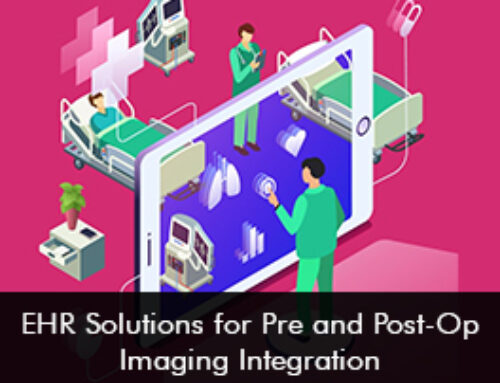The integration of technology in today’s quickly expanding healthcare scene has changed how patients and healthcare providers communicate and manage different medical issues. The treatment of allergies using Electronic Medical Records (EMR) is one area where this integration has shown to be especially helpful. To effectively treat allergies, patient involvement is essential, and electronic medical records (EMRs) are a potent instrument for patient empowerment. This blog post will discuss the many advantages electronic medical records (EMRs) offer to patients and healthcare providers and how they improve patient engagement in allergy management.
Understanding Allergy Management
- Millions of people worldwide suffer from allergies, which can have mild to severe symptoms that could be fatal.
- Identifying allergens, limiting exposure to them, and, when needed, putting the right treatment plans into place are all part of managing allergies.
- Accurate and current allergy information documentation is essential for effective allergy management, as is active patient and healthcare provider participation.
The Role of EMRs in Allergy Management
- The way healthcare data is recorded, kept, and accessible has changed dramatically with the introduction of electronic medical records, or EMRs.
- EMRs’ simplified approach to data management improves patient engagement in a number of areas and makes allergy management more effective:
Accessibility and Convenience
- Through safe web portals, EMRs make it easy for patients to view their allergy profiles.
- Patients can consult with their healthcare providers about any questions or concerns they may have about their allergies, as well as review and update their allergy history as needed.
Education and Awareness:
- EMRs are a great source of instructional materials and knowledge about allergies, covering common allergens, symptoms, and allergy treatment techniques.
- To help them make decisions about their health and well-being, patients can obtain educational materials customized to their unique allergies.
Real-Time Updates:
- Real-time updates to allergy data are made possible by EMRs, guaranteeing that medical professionals who are making treatment decisions have access to the most recent information.
- The Electronic Medical Record (EMR) enables patients to promptly update their medical records with new allergy reports or changes in their allergy status.
Medication Safety:
- By avoiding prescription medications that patients are allergic to, healthcare practitioners can reduce the risk of adverse drug reactions by using allergy information housed in electronic medical records.
- When prescribing drugs that could be risky due to a patient’s allergy profile, electronic medical records (EMRs) notify and inform medical professionals.
Integration with Wearable Devices:
- Wearable technology and smartphone apps that monitor allergen exposure and environmental variables can be integrated with EMRs.
- With the help of this integration, patients may better track the things that trigger their allergies and share this information with their healthcare professionals to create individualized allergy treatment programs.
Appointment Reminders and Follow-Up Care:
- By making sure that patients receive timely reminders for follow-up visits, medication refills, and allergy-related appointments, EMRs help to streamline follow-up treatment and appointment reminders.
- Proactive care improves treatment outcomes overall and increases patient adherence to allergy management strategies.
Collaborative Care:
- EMRs promote collaborative care by facilitating easy contact and information exchange amongst medical professionals involved in the patient’s allergy treatment.
- Through its interdisciplinary approach, the healthcare team may effectively manage the patient’s allergies by ensuring that all members are well-informed and work together.
EMR integration with allergy management procedures increases patient involvement, boosts safety, and encourages individualized treatment. Healthcare professionals may improve treatment outcomes and patient satisfaction by enabling patients to actively control their allergies by utilizing the features of electronic medical records. The field of allergy management will see significant evolution in the role of EMRs as technology progresses, resulting in improved patient participation and care quality for allergy sufferers.







